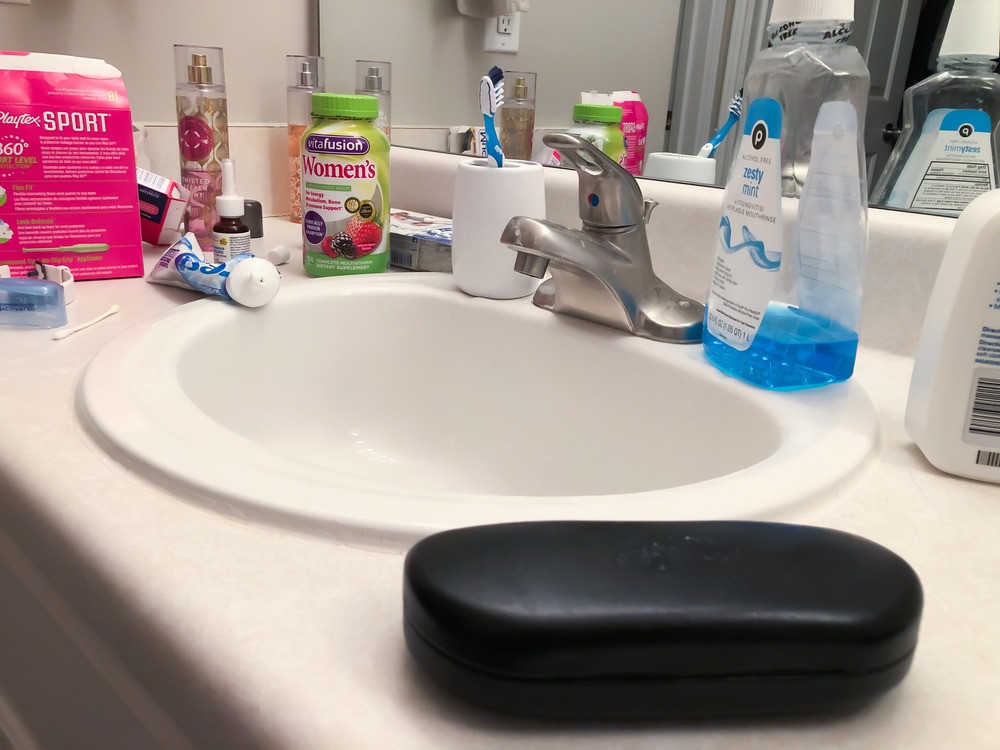You might think that storage is storage — but you would be terribly mistaken.
Not all storage is created equal; some items need an extremely specific environment to keep correctly, and other items need to be prepared before they can survive in storage.
What’s more, some typical storage spaces just can’t adequately protect stored goods from environmental dangers like light, fluctuating temperatures, pests and more.
In fact, it is incredibly likely that you are making some serious storage mistakes that are putting you, your belongings and your home at risk.
You probably need to revise your storage strategy if you are storing:
Electronics With Batteries
Over time, all batteries will corrode and leak.
Not only does this damage the electronic device using those batteries, but the battery acid leaking out could damage surrounding items and even burn or poison pets and kids nearby.
It doesn’t matter how big or small the electronic item is or what kind of battery it uses; you should always remove the battery before putting an electronic device into storage.
Chemicals Without Child Locks
You use all manner of chemicals in and around your home — to clean, to kill weeds and pests, to grow plants, to manage health conditions and more.
Unfortunately, to young kids, many of those chemicals in brightly labeled bottles look like juice or candy or something else worth a taste.
As convenient as it might be to store these chemicals on low shelves, like under the sink or on the floor of the garage, you really shouldn’t keep them anywhere within reach of children.
If possible, you should relocate all toxic substances to high cupboards that are protected by child locks, or even regular locks.
Heavy Items up High
Lugging your artificial holiday tree into the attic every year is like asking for a back injury.
In fact, you should avoid storing anything heavy up high, especially if it is large and difficult to manage.
Big, heavy stuff is much more likely to fall and cause damage, either to itself or other stored items, and you are much more likely to fall or hurt yourself trying to wrangle it down to where you can use it.
Instead, you should save your attic space for the smaller, lighter-weight storage and keep the bulky stuff on the ground level or else in a self-storage space.
Affordable storage is easy to find, so you shouldn’t worry about the cost.
Towels in the Bathroom
The bathroom cabinet seems like a logical place to store towels, but if you live in an area plagued by humidity, the bathroom could be the worst place for any kind of linen.
Steamy showers tend to keep the humidity in bathrooms high, which allows mold and mildew to flourish on soft materials like towels.
Considering that it doesn’t take much time for toxic mold to migrate to the cabinets and walls, this should be a serious concern.
You should relocate towels and all textiles to a closet, cabinet or basket outside the bathroom.
Cosmetics on the Counter

Aside from the obvious concern of unsightly clutter on your bathroom countertop, keeping cosmetics and other toiletries on the counter isn’t particularly safe.
As with chemicals, kids and pets might try to chow down on them, and as with towels, cosmetics can rot in heat and humidity.
You would save your money by storing all your toiletries in a cool, dark, dry space — perhaps in a bedroom vanity or dresser drawer.
Important Documents in a Cabinet
A filing cabinet seems like a sensible spot for important documents.
However, having them mixed into a whole bunch of other, relatively useless paperwork is the last place you want your birth certificates, passports, social security cards and more when you are in the middle of an emergency.
Plus, thieves are likely to sift through a filing cabinet first to find information they can use to steal your identity.
It is much wiser to keep important docs in a waterproof, fireproof bag in your closet or somewhere else easily accessible in a hurry.
Photos in a Cardboard Box
Most photo prints fit perfectly in most shoeboxes, so it seems like a match made in heaven.
Unfortunately, cardboard boxes tend to be acidic, which will warp and fade your photos over time.
Instead, you should scan your photos onto an external hard drive to ensure you have digital copies and keep your photos in an album or acid-free storage box.
Expensive or Precious items in the Garage
Most garages are not particularly clean, well-sealed or safe, which means they are subject to wild changes in temperature and humidity as well as subject to pests like rodents, birds and bugs.
As a result, it isn’t wise to keep delicate, expensive or precious items in your garage, where they are likely to get damaged.
Instead, you might reserve your garage space for your car, bikes and yard tools, which can better withstand the elements. Then items like holiday decorations and family photos might be better inside or in off-site storage.
You need to think critically about how you store things, to ensure that your home remains a safe place for the stuff and living beings inside it.
Now might be the time to rethink your storage strategy, especially if you are making a crucial storage mistake.



Comments are closed.